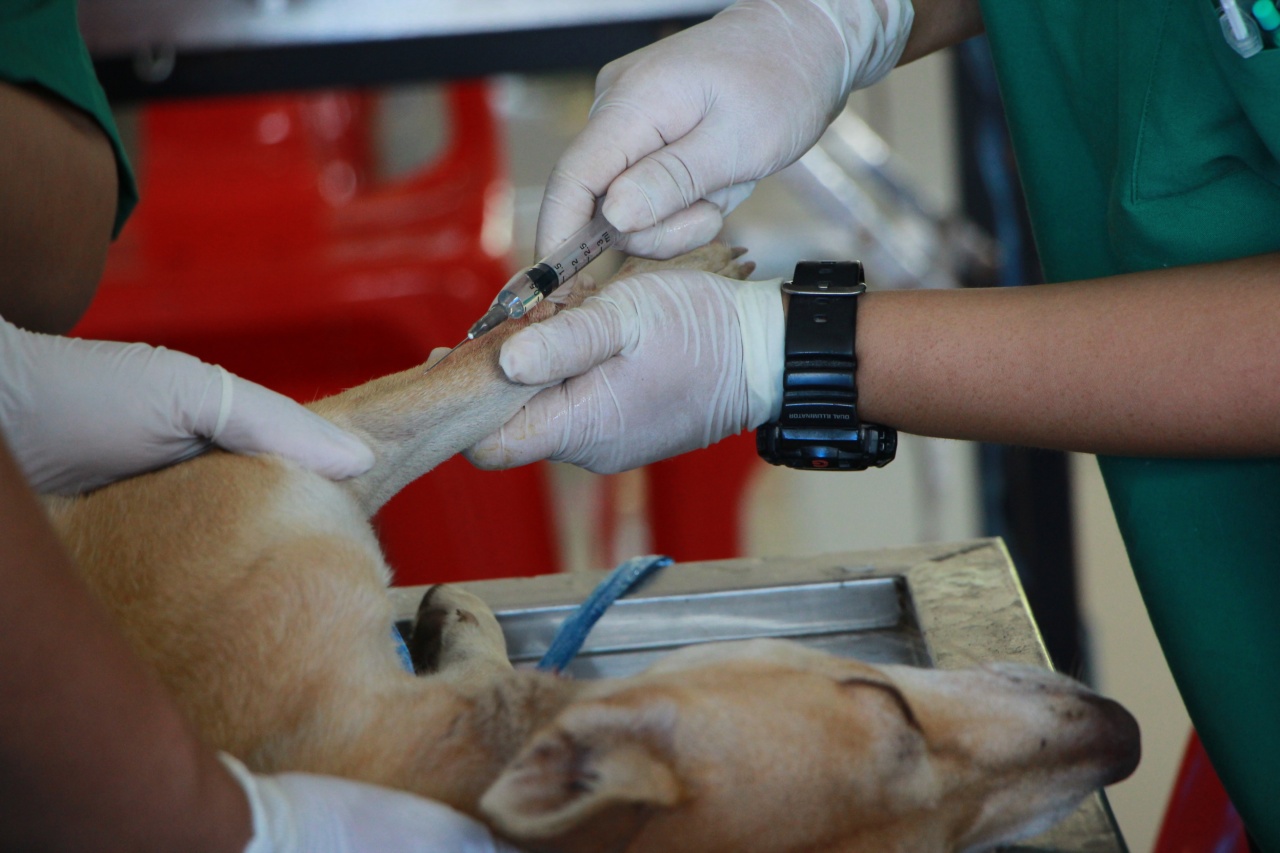Thromboprophylaxis, or the prevention of blood clots, is a critical aspect of patient care following surgery. Both Heparin injections and Aspirin have been widely used for thromboprophylaxis, but the choice between them can be challenging.
This article aims to compare the effectiveness, safety, and suitability of Heparin injections and Aspirin for thromboprophylaxis after surgery.
1. Thromboprophylaxis: An Essential Postoperative Measure
After surgery, patients are at an increased risk of developing blood clots due to immobility, tissue trauma, and surgery-induced hypercoagulability.
These clots can lead to serious complications such as deep vein thrombosis (DVT) or pulmonary embolism (PE). Hence, prophylactic measures are necessary to reduce this risk and promote a safe recovery.
2. Heparin Injections: A Traditional Choice
Heparin injections have been widely used for thromboprophylaxis after surgery. Derived from porcine intestinal mucosa or bovine lung, Heparin is a potent anticoagulant that inhibits clot formation by enhancing the activity of antithrombin III.
It is typically administered subcutaneously or intravenously.
2.1 Effectiveness:
Studies have shown that Heparin injections effectively reduce the risk of DVT and PE after various surgeries.
They are particularly effective in high-risk procedures such as orthopedic surgeries and major abdominal surgeries.
2.2 Safety:
Although generally safe, Heparin injections can sometimes cause side effects such as bleeding complications or heparin-induced thrombocytopenia (HIT).
Frequent monitoring of platelet counts is essential when using Heparin for thromboprophylaxis.
2.3 Suitability:
Heparin injections are usually more appropriate for hospitalized patients, as their administration requires healthcare professional involvement. The short half-life of Heparin allows for rapid reversibility in case of bleeding or the need for urgent surgery.
3. Aspirin: A Promising Alternative
Aspirin, or acetylsalicylic acid, is a well-known medication commonly used for pain relief and fever reduction. It also exhibits antiplatelet properties by inhibiting cyclooxygenase (COX) enzymes and subsequently reducing thromboxane A2 production.
The role of Aspirin in thromboprophylaxis after surgery has gained attention in recent years.
3.1 Effectiveness:
Several studies have demonstrated that Aspirin can effectively reduce the risk of postoperative DVT and PE. However, its efficacy may vary depending on the type of surgery and patient characteristics.
Aspirin is particularly beneficial in low to moderate-risk surgeries.
3.2 Safety:
Compared to Heparin injections, Aspirin has a lower risk of bleeding complications. However, it may cause gastrointestinal side effects such as stomach ulcers or bleeding.
As with any medication, a patient’s bleeding risk should be assessed before initiating Aspirin therapy.
3.3 Suitability:
Aspirin is an oral medication that can be easily self-administered by patients once discharged from the hospital. This convenience makes it suitable for select patients undergoing low to moderate-risk surgeries who do not require the intense anticoagulant effect of Heparin.
4. Choosing the Appropriate Thromboprophylaxis: Factors to Consider
When deciding between Heparin injections and Aspirin for thromboprophylaxis after surgery, several factors should be taken into account:.
4.1 Surgical Procedure:
The invasiveness, duration, and type of surgery are important factors to consider.
High-risk surgeries such as major orthopedic procedures or abdominal surgeries generally require more potent anticoagulation with Heparin injections. Aspirin may be more appropriate for less invasive or shorter surgeries.
4.2 Bleeding Risk:
Patient factors such as age, comorbidities, and concomitant medications should be considered to assess the bleeding risk.
Aspirin has a lower bleeding risk compared to Heparin injections, making it a suitable option for patients at an increased risk of bleeding complications.
4.3 Patient Compliance:
The patient’s ability and willingness to self-administer medication should be evaluated. Aspirin provides convenience in terms of oral administration, making it suitable for patients who can reliably comply with their medication regimen.
4.4 Cost:
The cost-effectiveness of thromboprophylaxis should be considered.
Heparin injections may be more expensive due to the need for healthcare professional involvement, while Aspirin is often more cost-effective and easily accessible.
5. Conclusion
In conclusion, both Heparin injections and Aspirin have their advantages and limitations for thromboprophylaxis after surgery.
The choice between the two depends on various factors such as the type of surgery, bleeding risk, patient compliance, and cost-effectiveness. Close collaboration between surgeons, anesthesiologists, and hematologists is crucial to make the most appropriate decision for each patient, considering their individual needs and circumstances.



























